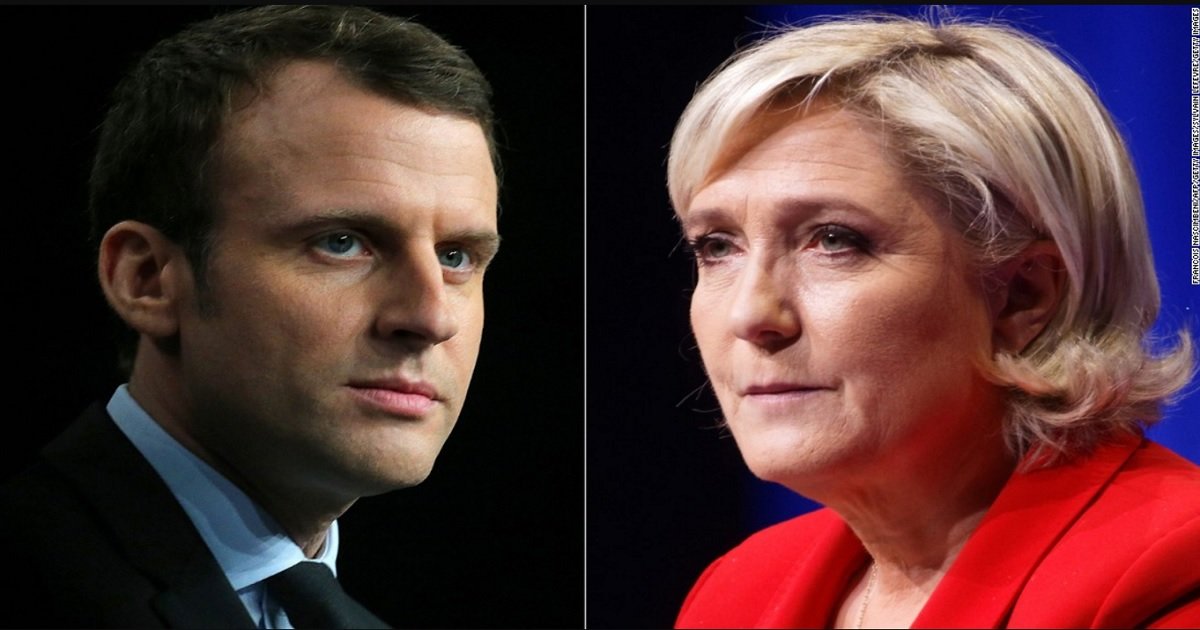On Sunday, the world breathed a sigh of relief when it was discovered that far-right candidate in the French presidential election Marine Le Pen had failed to secure the majority vote in the run-off election.
In a head-to-head with centrist Emmanuel Macron, Le Pen garnered just under 34 percent of the vote, a smaller percentage than many expected in the wake of a leak of information shortly before election day.
But while we can rightfully take a moment to celebrate the triumph over far-right politics in yet another advanced nation (looking at you, U.S.A.!), the fact that Le Pen grew to the prominence that she did, and that so many French citizens voted for her, means that we are far from celebrating the end of far-right, extremist, and racist politics.
All told, the National Front received 33.9 percent of the vote. That means that of those who voted, approximate one in three supported the politics that Le Pen espouses.
Le Pen’s success was by far the strongest showing that the National Front has ever received. Le Pen’s own father who rain in 2002 won just 17.9 percent of the vote. Though Le Pen’s loss was a resounding defeat, many in the National Front feel that her strong showing, despite the loss, indicates that they are headed in the right direction.
Of course, if Le Pen had won, the one-off of President Trump would seem to be more of a global disease. Her loss indicates that the election of extremist, fascist candidates is not a foregone conclusion but rather something that can and should be faithfully opposed.
The fact is that the anger and hatred that fuels these candidates is burning stronger by the day. While reason can win out in the end, the festering wounds of fascism and racism are still there – what can be done to stamp them out?


